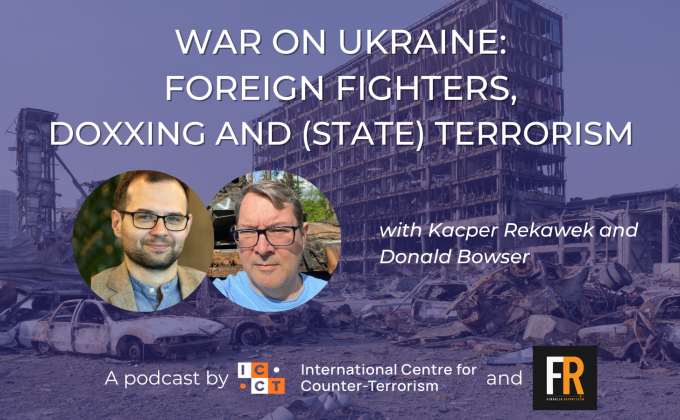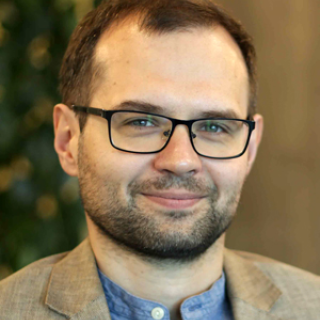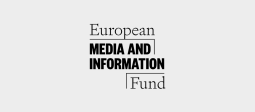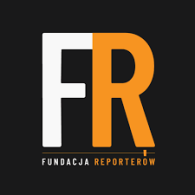Two years after Russia's full-scale aggression against Ukraine in February 2022, it has now become clear that Moscow is intent on destabilising the EU through a broad repertoire of activities. Some of these, as ICCT's recent volume, Russia and the Far-Right, has amply demonstrated involve Europe's extremists and disinformation. This project is supported by the European Media and Information Fund (EMIF), managed by the Calouste Gulbenkian foundation, and will focus on one such case in which a seemingly volunteer network develops a peculiar case of media manipulation which most probably receives support from a malign state actor, Russia. Consequently, exposing it and garnering the interest of different target audiences (fact-checkers, decision makers and the public) in its findings will ultimately benefit the safety of EU citizens. This project is being proposed against the backdrop of growing Russian destabilisation operations targeting the EU – be it via the Voice of Europe portal (attempting to amplify anti-EU voices from far-right politicians before the June 2024 EU Parliament elections) or the allegations of infrastructure sabotage by Russian agents (with arrests related to this issue taking place in 2023 in Poland and April 2024 in Germany).
The disinformation is mainly conducted by Telegram channels that dox hundreds of European citizens who rushed to assist Ukraine in its defence against the Russian aggression. Not only does it disclose their private information but also frames them as right-wing extremists and mercenaries while itself using extremist (racist, homophobic, misogynist etc.) terms. It aims to undermine the European resolve to support Ukraine, both at societal and governmental level, and threatens its active participants (fighters, trainers, logisticians or humanitarians), with direct, offline consequences of their actions.
To counter this particular case of disinformation, the project aims to raise awareness of this peculiar doxing with three audiences:
- fact-checkers and the broader disinformation community in the media and civic society organisations in Europe;
- European decision-makers and
- the general public.
Group 1 will be engaged with and in the project via a series of planned workshops in different European capitals; group 2 via individual briefings; and group 3 via a series of research and investigative outputs.
Such a strategy is geared towards a) awareness raising, b) knowledge enhancement and c) contribution towards construction of better countermeasures against such malign operations.
The project combines expertise from fact-checkers, journalists, researchers and think tankers who all pursue an innovative methodological approach (cf: methodology section). It focuses not only on a peculiar case of disinformation in Europe but also its victims and the offline or real-life harms they have been exposed to. These materialised because of the malicious online actions which most probably were supported by a malign external state actor.













